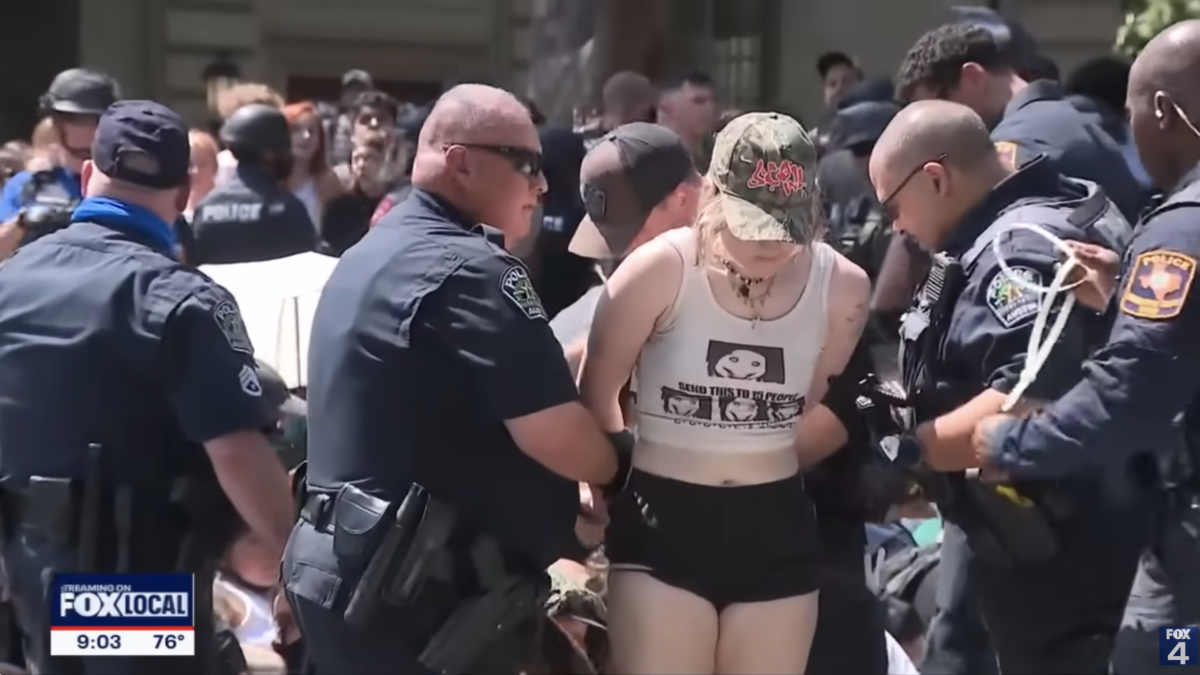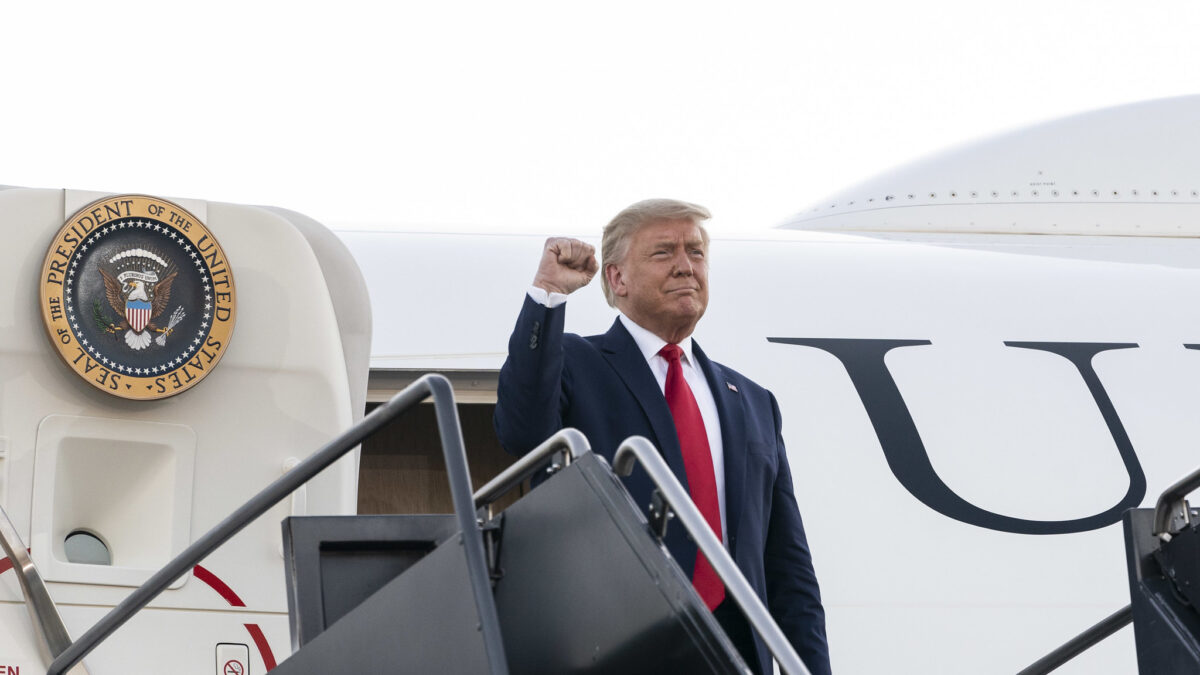
The largest Christian university in America is charging the Department of Education with undue political persecution over the school’s non-profit status.
On Thursday, Grand Canyon University released a statement outlining how the Education Department is colluding with partner federal agencies to “bring harm” to the private institution.
“Government officials associated with the U.S. Department of Education (ED), Federal Trade Commission (FTC) and under the authority of the Department of Veterans Affairs (VA) are coordinating efforts to unjustly target GCU in what appears to be retaliation for the university filing an ongoing lawsuit against ED regarding its nonprofit status,” read a university press release. “While such accusations may sound extraordinary, the facts in this document make clear that this is occurring at an alarming level for government agencies to be taking against the largest Christian university in the country.”
A spokesman for the Department of Veterans Affairs declined to comment citing ongoing litigation. Neither the Department of Education or the FTC responded to Federalist inquiries Thursday afternoon.
The university claims the Education Department denied the institution’s application to return to non-profit status just before the FTC announced efforts to crack down on for-profit schools.
Grand Canyon University opened as a small private university in 1949 and operated as a non-profit until 2004 when faced with $20 million in debt. After hiring a new management team in 2008, the university continued to corral investors to save the school and applied for non-profit status again in 2018. While the school’s efforts to reverse its tax status were successful with the Internal Revenue Service (IRS) that year, a subsequent request was denied by the Department of Education in 2019. Following negotiations that proved unsuccessful, Grand Canyon University responded with a lawsuit in 2021 to overturn the agency’s denial. A judge rejected the suit last fall, and an appeal to the decision will be heard on Dec. 5.
The university now claims a cascade of federal investigations targeting the institution were launched in retaliation for the school’s litigation. The school says federal agencies have burdened educators and administrators with frivolous requests costing “thousands of staff hours and millions in legal costs to work collaboratively and comply.”
Grand Canyon University President Brian Mueller told The Federalist the Education Department’s efforts are “obviously political.”
“We have tried to stay above the political fray,” Mueller said, but “it’s very obvious that we are being targeted.” When asked whether he thought the bureaucratic targeting was “religiously motivated,” Mueller said, “I don’t know.”
The university president complained federal regulators are making accusations about the school in areas where the institution has “stellar marks” from comparably low tuition to low default rates on loans.
With 118,000 total students, according to Mueller, Grand Canyon University is the largest Christian school in the country. The university has invested $500 million into its central Arizona campus without raising tuition of $16,500 for both in- and out-of-state students.
“So what other reason would there be for them to come at us with these crazy investigations that cost us millions?” Mueller said. “No other recourse but to assume it’s very political.”
The university press release outlines claims from a state agency under the purview of the U.S. Department of Veterans Affairs that accused the school of false advertising over two statements. The school’s misleading statements, bureaucrats said, were that “cybersecurity experts are in high demand” and “every company needs cybersecurity.” Data from the U.S. Bureau of Labor Statistics, however, corroborate the school’s marketing claims.
“Employment of information security analysts is projected to grow 32 percent from 2022 to 2032, much faster than the average for all occupations,” the federal website reads. “About 16,800 openings for information security analysts are projected each year, on average, over the decade. Many of those openings are expected to result from the need to replace workers who transfer to different occupations or exit the labor force, such as to retire.”
The university also claims the Education Department is wrong to suggest the school is misrepresenting the cost of graduate degrees.
“We haven’t raised tuition in 15 years,” Mueller told The Federalist. “None of the numbers, none of the facts they say would trigger investigations.”









